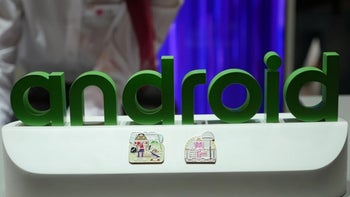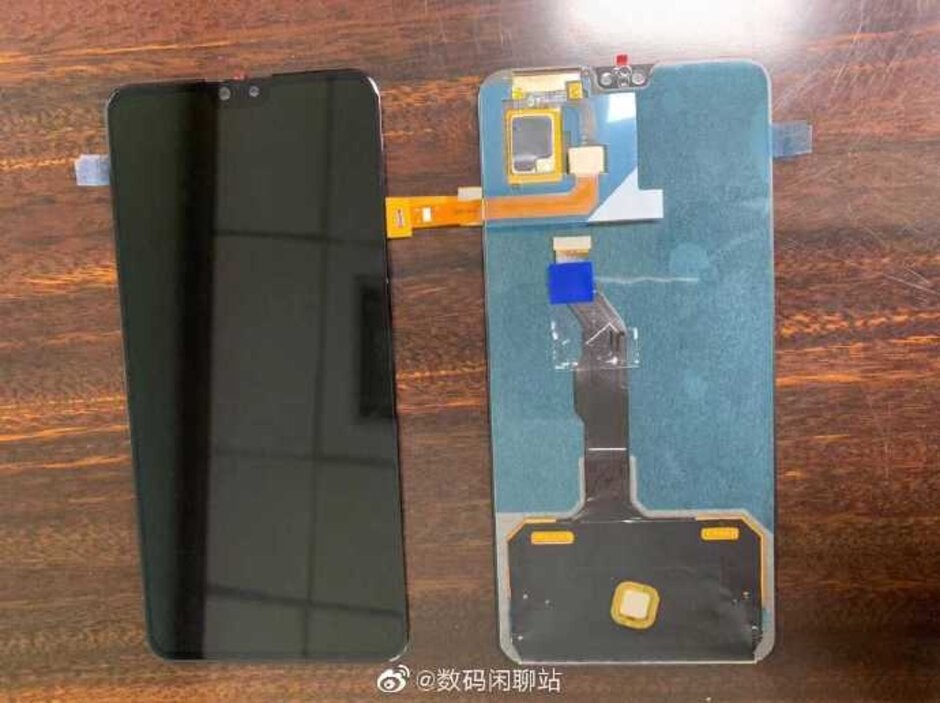No Google apps, no licensed version of Android for the Huawei Mate 30 series

The other day, Huawei said that it was planning on using the Google Play services version of Android for its upcoming Mate 30 series. The company said that if it wasn't allowed to obtain a license from Google, it would resort to Plan B. It is now time for Huawei to call on Plan B. Reuters reports today that a Google spokesman has told the wire service that the Mate 30 and Mate 30 Pro cannot be sold with Google licensed apps and services due to Huawei's placement on the Entity List. The Chinese manufacturer plans on unveiling its latest high-end phones on September 19th.
It was the middle of May when the U.S. Commerce Department, citing security, put Huawei on the Entity List thus preventing it from accessing the U.S. supply chain it spent $11 billion on last year. Google was one of the first companies to announce that it was cutting ties with the company, and while it does have the ability to update existing models and devices in the works prior to May 16th, the Mate 30 series does not meet that requirement. Reuters says that the U.S. Commerce Department received 130 applications for licenses from American companies that would allow them to ship supplies to Huawei; reportedly, none of the requests have been granted.
Huawei could use an open-source version of Android for the Mate 30 series
Google has said in the last week that it wants to continue servicing Huawei, but unless the company becomes a bargaining chip in the U.S. trade war with China (which is something that President Donald Trump has alluded to), that might not be happening any time soon. It is all because the communist Chinese government is allowed to demand that Huawei collect intelligence for it upon request. As a result, there is a fear that the manufacturer's devices contain backdoors ready to act as a conduit to Beijing. Huawei has always denied this and chairman Liang Hua has offered to sign a "No-Spy" contract with any country.
Huawei has developed its own HarmonyOS operating system that will work on multiple devices and supposedly run Android apps. But the company doesn't want to use it on its high-end phones. One possibility is that Huawei can use an open-source version of Android without Google's apps; this is what Amazon does with its Fire tablets and did with its Fire Phone. However, one independent analyst by the name of Richard Windsor says that without the Google Play services version of Android, no one will buy the Mate 30 models.
"Huawei will continue to use the Android OS and ecosystem if the U.S. government allows us to do so. Otherwise, we will continue to develop our own operating system and ecosystem."-Joe Kelly Huawei spokesman
Just last week, Huawei's rotating chairman Eric Xu said that the export ban would cost the company's consumer business group $10 billion in revenue this year. That is an improvement from an earlier estimate of $30 billion in lost revenue made by Huawei founder and CEO Ren Zhengfei back in June. The company, under normal circumstances, expected to become the largest smartphone manufacturer in the world by the fourth quarter of this year. The Mate 30 line was expected to play a huge part in Huawei's surge to the top. During both the first and second quarters of this year, Huawei was second to Samsung with global shipments of approximately 59 million units during each quarter. This means that the company has delivered 118 million phones halfway through the year; last year, the company shipped 206 million phones globally.

Photo claims to show the front panel of the Huawei Mate 30
If one good thing has come out of the ban as far as Huawei is concerned, domestic sales of its phones have risen. Out of patriotism, consumers in China are buying more Huawei handsets than ever.










Things that are NOT allowed: